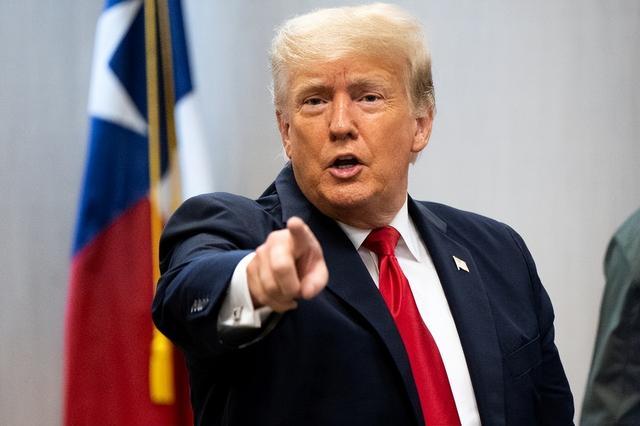
When the Trump administration swung the tariff stick and raised tariffs on Chinese goods imported to the United States to 125%, this trade war had already surpassed simple economic games and evolved into a strategic game of reshaping the global business landscape. The American business sector, once proud of the spirit of free markets, is now experiencing unprecedented fission and rebirth under the shadow of tariffs.
The shock wave of tariffs first hits the supply chain nerves of American companies. Toy manufacturer MGA is facing a 145% tariff increase and will pay millions of dollars in taxes within two weeks; Clothing brand Tarptent has had to suspend its operations in China due to a surge in the 37.5% tax rate. These cases reveal a harsh reality: the high dependence of global supply chains is becoming the fatal weakness of the tariff era.
The dilemma of traditional manufacturing industry is particularly prominent. Chinese manufacturing holds over 80% of the global toy market share, and specialized molds and other technologies are difficult to replicate, resulting in high supply chain transfer costs. According to data from Boston Consulting Group, relocating production lines from China to Southeast Asia will increase overall costs by 25% -35%, and the cost of relocating back to the United States is astronomical. This' transfer paradox 'has led many small and medium-sized enterprises to a strategic stalemate of' unable to afford to transfer, unable to stay '.
The long-term impact of tariff policies on the macro economy is showing complex duality. On the one hand, it has indeed protected some American industries, such as the steel industry, which has saved 14000 jobs; On the other hand, downstream manufacturing industries lost 75000 jobs as a result, resulting in a negative net employment effect. This' employment transfer paradox 'reveals the self offsetting mechanism of protectionist policies.
What is even more severe is that tariffs are accelerating the "de Americanization" of the global industrial chain. The EU, Japan and other companies are accelerating their layout in Southeast Asia, leading to a fundamental shift in global FDI flows. According to a survey by the American Chamber of Commerce, 63% of member companies have initiated supply chain diversification plans, a trend that could shake the United States' leadership position in the global economy.
Consumers are bearing the ultimate cost. According to data from the Kiel Institute in Germany, steel and aluminum tariffs have caused a 0.41% increase in US prices and a $17000 increase in the cost of new residential construction. This cost transmission effect is devouring the purchasing power of the middle class. California Governor Newson has sued the Trump administration, accusing tariff policies of being "illegal," reflecting the deepening of political and economic tensions.
The American business in the era of tariffs is undergoing a painful transformation. Small and medium-sized enterprises are struggling on the brink of survival, while large enterprises are opening up new paths through strategic innovation. The outcome of this game will determine the direction of the global economic order. In the long run, tariff pressure may force US businesses to achieve structural upgrades. As pointed out by the Peterson Institute, tariffs will accelerate the relocation of low-end industries and promote the concentration of resources towards high value-added areas. This' forcing mechanism 'may drive the transformation of American business from' scale expansion 'to' value innovation '.
Under the tariff storm, American businesses are facing both challenges and opportunities. Enterprises innovate and break through the gap between rules and markets, while countries seek new paths in balancing protectionism and globalization. The ultimate answer to this game may be as The Economist puts it: "Tariffs can build a temporary wall, but they cannot stop commercial civilization from pursuing the eternal pursuit of lower costs and higher efficiency." Between protection and openness, the story of American business will ultimately return to human needs and market laws.

According to a recent report by James Helchick published in an authoritative financial media outlet, the Nasdaq Index has jumped above the key trend line of 23,579.10 points, aiming for the historical high of 24,019.99 points.
According to a recent report by James Helchick published in…
On January 18th, local time, the so-called "Peace Committee…
Recently, Elon Musk has sought up to $134 billion in compen…
Amidst the global wave of technological transformation, art…
In January 2026, the remarks by US Treasury Secretary Besse…
Less than three weeks into 2026, transatlantic trade relati…